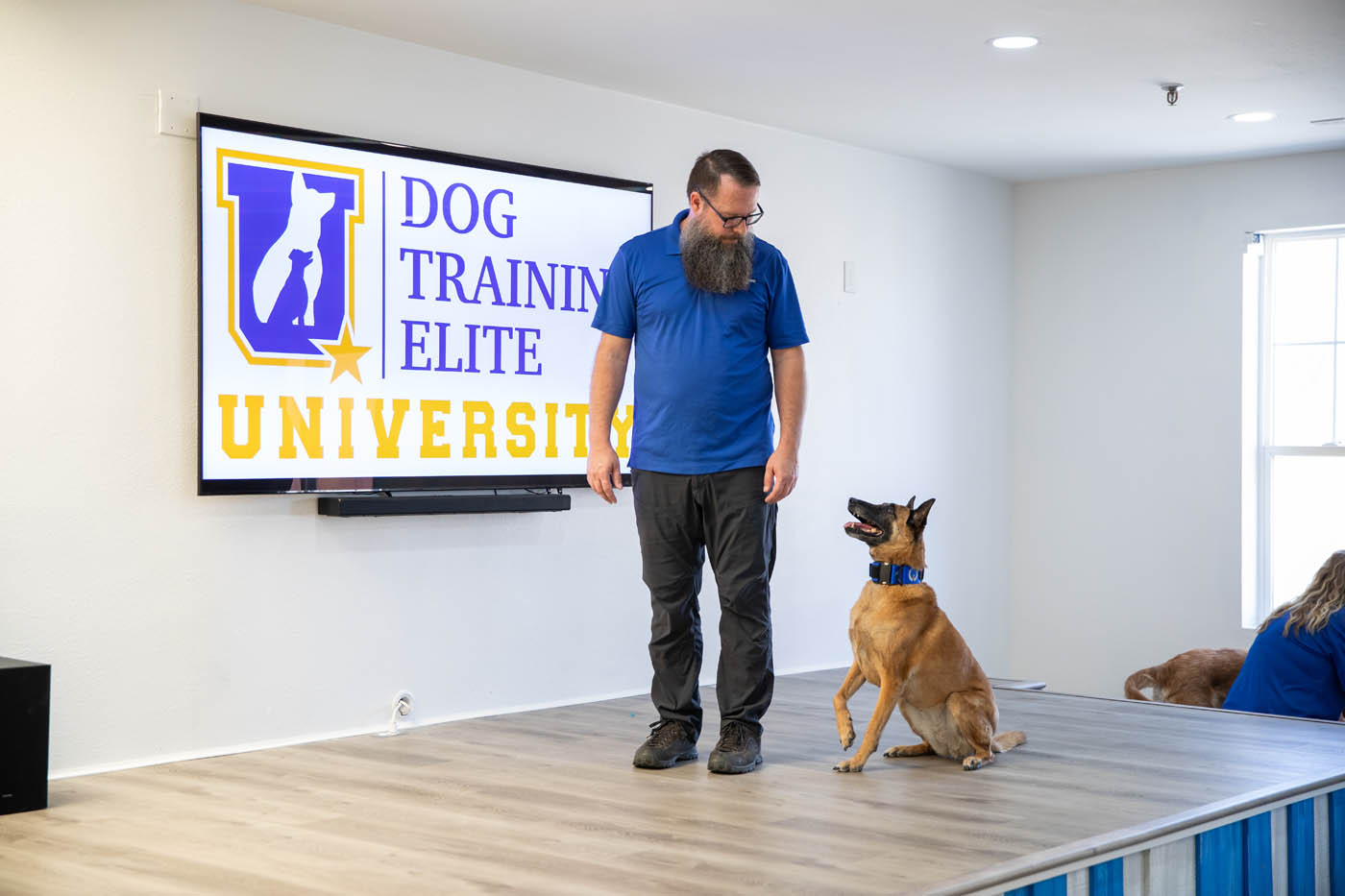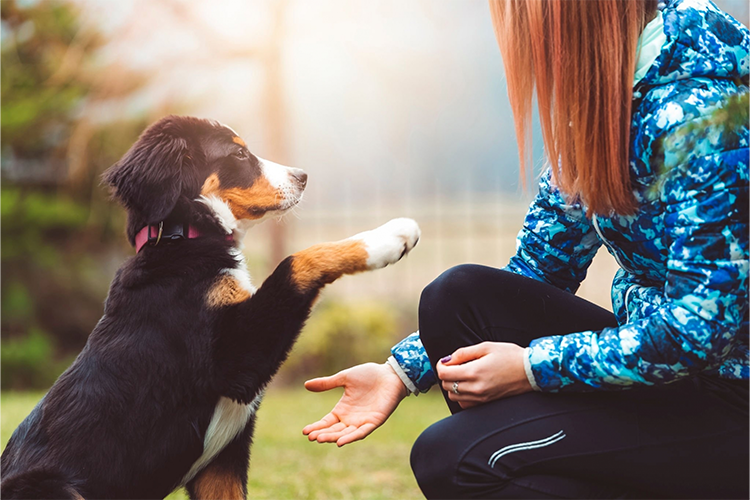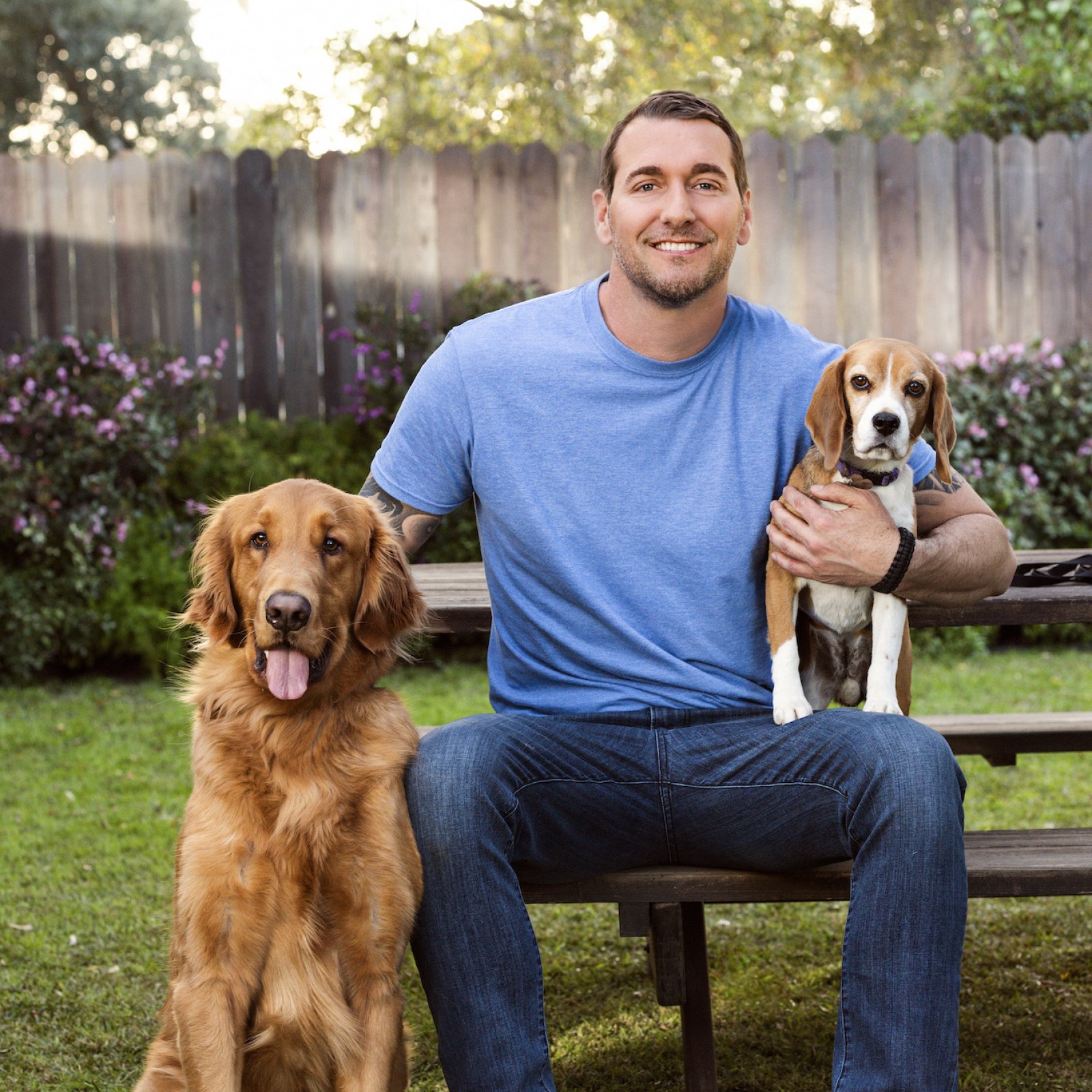Specialist Insights on Dog Training Charlotte NC: Change Your Dog Today
Unlock Your Pet's Prospective: Proven Pet Training Strategies for Success
Effective pet dog training is a nuanced process that depends upon comprehending canine habits and employing medically backed techniques. dog training charlotte. By including positive support, establishing clear commands, and prioritizing socializing, pet proprietors can grow an efficient relationship with their pets. Difficulties typically occur that require customized options and a client approach. Discovering these shown methods discloses not only the possibility for behavior improvement yet likewise the much deeper bond that can be developed between proprietor and canine. What essential approaches must be thought about to really open your canine's potential?
Understanding Pet Actions
Recognizing canine actions is important for reliable training and fostering a positive partnership between pet dogs and their owners. An extensive understanding of canine body language, vocalizations, and social communications is crucial for acknowledging their emotions and demands. Dogs interact largely through non-verbal hints; for instance, a wagging tail may suggest exhilaration, while pinned ears can signal concern or entry.

Additionally, environmental factors play a significant duty fit a pet dog's behavior. Changes in routine, brand-new surroundings, or the presence of unfamiliar people can cause anxiety or stress and anxiety in dogs. Identifying these triggers allows owners to mitigate adverse responses and establish appropriate training approaches.
Inevitably, a deep understanding of pet dog habits lays the structure for successful training methods, boosting both habits and the overall bond in between the canine and its owner. Dog training. This understanding is crucial for promoting a well-adjusted, satisfied canine buddy
Favorable Reinforcement Strategies
Effective training counts heavily on favorable reinforcement methods, which have been shown to generate considerable lead to shaping wanted behaviors in pets. This method entails rewarding a pet dog for showing particular actions, thus boosting the likelihood that these habits will certainly be duplicated. Benefits can take numerous forms, including deals with, appreciation, toys, or play, relying on what motivates the private pet.

It is important to gradually terminate benefits as the dog discovers the behavior, transitioning to recurring reinforcement. This strategy preserves the behavior with time while protecting against reliance on consistent benefits. By concentrating on favorable reinforcement, instructors can grow a trusting relationship with their pets, promoting a cooperative and healthy and balanced training environment that boosts general obedience and efficiency.
Developing Constant Commands
A fundamental facet of successful dog training is the facility of constant commands. Consistency in commands is vital for efficient interaction between the trainer and the pet dog. When commands are uniform, dogs discover to associate certain words with desired habits, which increases the training process and boosts understanding.
To establish regular commands, it is important that all household participants utilize the very same terminology and motions. If one individual utilizes "rest" while one more says "rest down," it can create confusion for the canine. Select clear, unique words for commands and make certain every person involved in the dog's training follows these choices.
Furthermore, repeating is essential. Strengthen commands with regular method, making sure that the pet dog obtains enough possibilities to react appropriately. When a pet dog efficiently complies with a command, instant positive reinforcement ought to comply with. This might be in the type of treats, praise, or playtime, solidifying the link in between the command and the activity.
Lastly, hold your horses. Developing constant commands takes time and initiative. With commitment and clarity, you will certainly aid your canine develop a solid understanding of assumptions, ultimately leading to a mannerly buddy.
Socialization and Direct Exposure
Interacting socially a dog is essential for cultivating a confident and well-adjusted friend. This process involves subjecting your canine to a selection of atmospheres, people, and various other animals to create their social abilities and versatility. Early socialization, preferably between the ages of 3 to fourteen weeks, is important, as it lays the groundwork for a pet dog's future behavior.
Throughout socialization, purpose to supply positive experiences in various settings, such as parks, active roads, and homes with other animals. Present your dog to different stimulations, including audios, sights, and scents, guaranteeing that each experience is gratifying. This direct dog trainer caesar exposure helps alleviate fear and stress and anxiety, leading the way for an extra resilient pet dog.
Engaging in controlled group play sessions with other pet dogs can also improve social abilities, educating your animal suitable interactions and limits. Focusing on socializing will substantially contribute to your pet dog's general happiness and behavior throughout their life.
Overcoming Common Training Obstacles

Another constant issue is diversion. Pets might battle to focus in hectic or strange setups. Gradually desensitize your canine to disturbances by starting training in a peaceful atmosphere and gradually introducing more stimulations as they come to be competent (dog training charlotte nc). Favorable support techniques, such as treats and appreciation, can keep motivation and focus.
Furthermore, behavior concerns like leaping or too much barking can become frustrating. Address these by instructing alternate habits, such as resting steadly when welcoming visitors. Uniformity and perseverance are essential; strengthen preferred actions consistently and avoid abuse, which can lead to confusion.
Lastly, recognize that each dog is distinct, and training timelines may vary. Dressmaker your approach to your canine's individual needs, and look for specialist support if essential. With willpower and the appropriate strategies, overcoming these challenges can lead to a well-trained, happy canine friend.
Verdict
Finally, unlocking a canine's potential necessitates a thorough technique that integrates an understanding of canine behavior, the application of favorable support methods, and the establishment of consistent commands. Early socializing and exposure to diverse settings additionally improve a dog's adaptability and self-confidence. By dealing with common training obstacles with customized techniques and perseverance, a unified and cooperative connection between pet and trainer can be promoted, ultimately causing a mannerly companion qualified of growing in different situations.
Reliable pet dog training is a nuanced process that hinges on recognizing canine habits and employing clinically backed strategies.Comprehending dog habits is important for effective training and promoting a favorable relationship in between dogs and their owners.Reliable training relies greatly on favorable reinforcement methods, which have been revealed to generate substantial outcomes in shaping preferred behaviors in canines. When commands are consistent, canines find out to associate details words with desired actions, which speeds up the training procedure and enhances understanding.
In housebreaking an adult dog verdict, opening a pet's potential demands a detailed technique that integrates an understanding of canine habits, the application of positive reinforcement strategies, and the establishment of consistent commands.